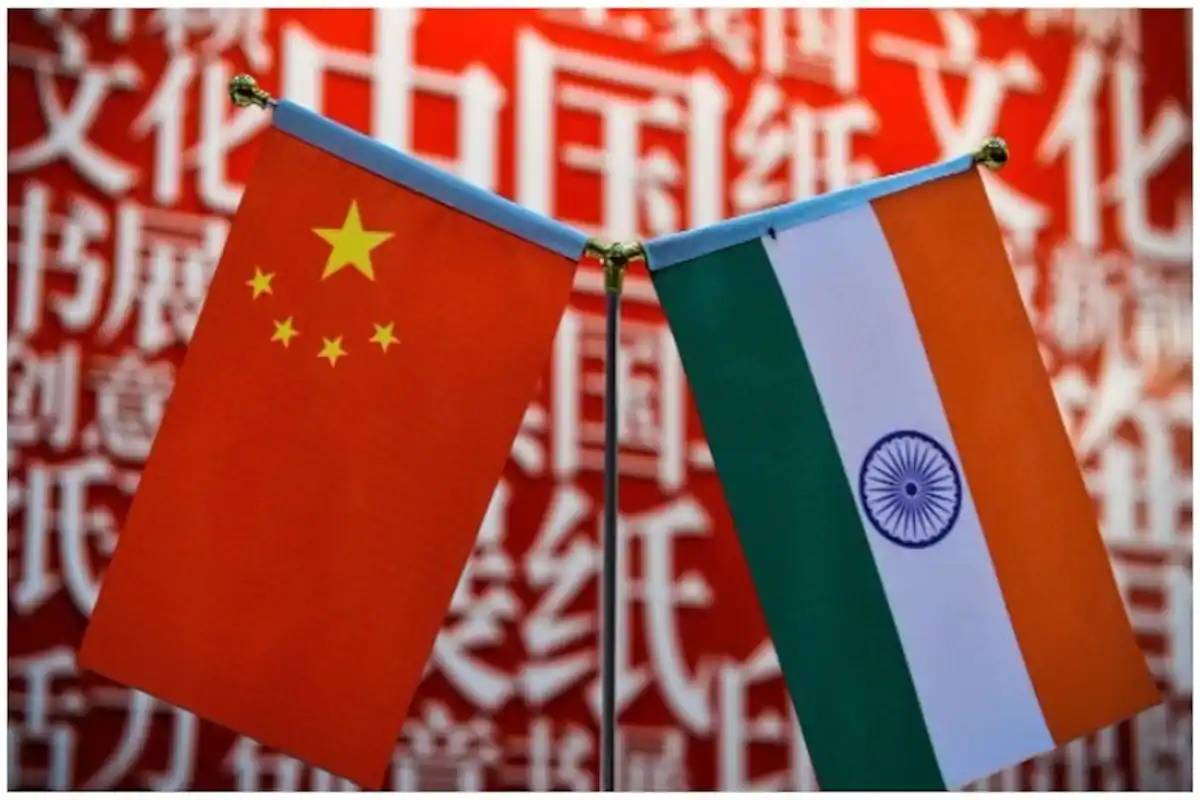The Indian government is planning to inspect all the existing trade and investment joint partnerships between organizations of India and China in the private sector. This is done to scrutinize the agreements for alleged violations of tax and other laws as per multiple sources. These agreements and ventures shall be evaluated especially in the Finance and IT sectors initially. Later, other strategic as well as non-strategic sectors shall also be assessed for the same.
A senior government official made a statement earlier, stating that in the context of the “Self-Reliant India” initiative, it is necessary to assess all the existing investment agreement plans with the neighbouring countries to avoid any opportunistic takeover. The official further added that as India has already enunciated, any opportunistic takeover in the financial sector cannot be allowed and that the investors should not hesitate in subjecting themselves to scrutiny under the rules and regulations.
This step was taken by the Indian government after several intelligence reports suggested that these investment plans and joint ventures might breach the tax laws and local data storage norms.
For public acquisition, the GoI is being watchful on investments as tenders are being made by the Chinese companies in projects of various Indian organizations. In April 2020, an adjustment was made in the existing laws for foreign investment, which makes it mandatory for foreign direct investors to gain prior approval from various entities in both the countries, before making an actual investment.
This move was made in response to the rise in the shareholding of HDFC bank by 1% as made by the Central Bank and People’s Bank in China.
This was followed by another amendment of the General Financial Rules (2017) made in July 2020. As per this revised version of the GFR, restrictions have been put on public contracts with the bidders from countries that share land borders with India.
In addition to this, the investing companies are also expected to take security and political clearance from the Ministry of External Affairs and the Ministry of Home Affairs of India.
The Indo-Chinese conflicts in the political and economic spaces are not new. Earlier in June this year, the GoI had banned 59 Chinese mobile applications claiming that the step was needed in the context of the ‘emergent nature of threats’. It was followed by the banning of 115 additional apps in September.
The author is a student member of Amity Centre of Happiness.





